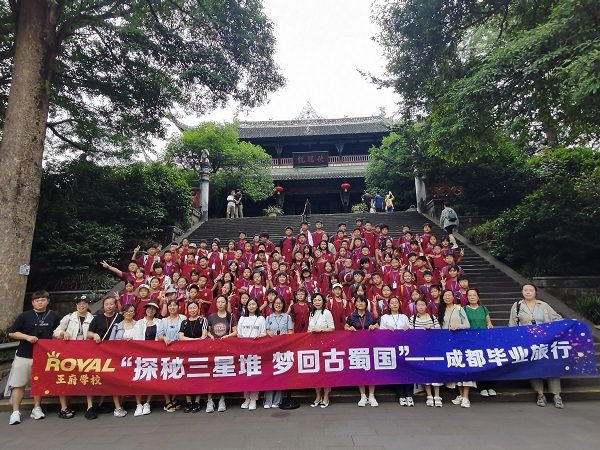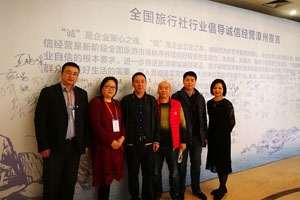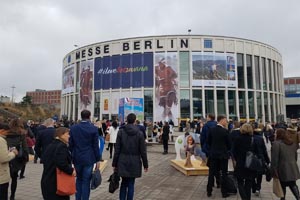search for a Trip
-
A press conference for celebrating the 60th anniversary of the founding of Ganzi Tibetan Autonomous Prefecture, Sichuan Province, was held in Chengdu, capital city of southwest China's Sichuan Province on October 25.
Lying in the southeast of Qinghai-Tibet Plateau, Ganzi Tibetan Autonomous Prefecture of Sichuan is the second largest Tibetan inhabited area in China and regarded as the origin of Khampa culture.
Six decades have passed since Ganzi was established on November 24, 1950. It is the first special administrative area inhabited by ethnic minorities since the founding of New China.
According to Li Changping, deputy Party ecretary and Magistrate of Ganzi Tibetan Autonomous Prefecture Committee, Ganzi has made great achievements in economic progress, improvement of people's livelihood, social stability and harmony, etc. after it was founded.
In the past 60 years, the scale of economy has gradually been expanded, agriculture has been further developed and the industrial economy has taken off.
Besides, an industrial structure has been formed taking hydroelectric and mining as pillar industries while featuring the development of Tibetan medicine, building materials,agricultural and animal husbandry product processing. Industries have become the driving force of economic and social growth, Li said.
"The infrastructure has greatly been improved especially in transportation since the founding of Ganzi. Meanwhile, the urban and rural markets have increasingly flourished, boosting consumption and tourism," Li said.
"Moreover, significant achievements have been made in educational, medical and cultural endeavors. People's livelihood has greatly improved thanks to their increased incomes ," he added.
According to the press conference, Khampa people have prepared a five-day cultural performance to showcase the accomplishments of Ganzi in all aspects to celebrate the 60th birthday of their hometown.
In the next five days, apart from the grand celebration to be held on October 27, a series of activities are expected to be put on stage including cultural performancesand trade and investment promotion.
- October 26th, 2010
More Attractions






